The future of Hong Kong's electricity
By Peter HopperWhen you flick a switch, there is light, it's as simple as that. It's so obvious and available we simply take it for granted. However, behind this simple act is an infrastructure that has been built over many years and been a cornerstone of Hong Kong's rapid expansion. So let's first understand the structure.
Historically, two family-owned and publicly-listed power companies – Hong Kong Electric and CLP Power Hong Kong, have supplied electricity directly to Hong Kong's homes and businesses. Both companies are vertically integrated such that they own and operate generation plants and transmission and distribution networks.
Their operations have been regulated by the Government through a Scheme of Control Agreements (SCA). It was negotiated and designed with incentives to ensure that the power companies would provide sufficient levels of investment in plant, equipment, and maintenance to meet current and future electricity demand.
At the same time power producers are entitled to earn a permitted rate of return on their average net fixed assets.
The current SCA will expire in 2018. Although the government has an option to extend the existing agreement for another five years, it launched a three-month public consultation starting in March, which concluded with the collection of public feedback at the end of June, to help decide future energy policy.
The Government and the two power companies have already started to review and discuss terms for the arrangement for the next regulatory period. In the public consultation paper on the development of the electricity market published in March, the Government proposed to reduce the permitted rate of return from the current 9.99% (11% for renewable energy) to 6-8%.
It also suggested a tightening of both the excess generating capacity mechanism and the tariff approval process in order to cover fuel cost estimates. It will also commence preparation work to pave the way for introducing market competition after 2028.
The two power companies are expected to make a formal response sometime after the end of the consultation period. The lowering of the permitted rate of return and deciding whether more competition should be allowed in order to offer customers more choices have been a source of contention and debate.
How much will you pay for renewable, clean energy sources and environmental sustainability? – The inconvenient truth
Everyone seeks affordable and reliable electricity prices and supply through an efficient system. However, environmental protection and air pollution reduction are also key objectives of Hong Kong's energy policies. Electricity generation has been identified as a major source of air pollution in Hong Kong. Meeting these seemingly conflicting goals requires a careful examination of all the issues and arguments.
The Government has already implemented a number of stringent control measures on power sector emissions over the past years. They include the prohibition of the installation of new coal-fired power plants, introducing incentive schemes that encourage the power suppliers to meet emission standards and the tightening of emission caps for the power plants.
The Government addressed the public's environmental concerns in 2014 by launching a three-month public consultation on the future fuel mix for electricity generation which ended in June. The design of future fuel mixes for electricity generation is based on emission targets. They were established to cut Hong Kong's carbon intensity by 50% to 60% by 2020 based on 2005 levels.
In 2013, coal accounted for 57% of overall fuel mix for electricity generation, followed by imported nuclear electricity (22%) and natural gas (21%). By 2020, natural gas and imported nuclear energy are expected to reach 50% and 25%, respectively. The remaining 25% will be split between coal and renewable energy.
However, achieving these targets could substantially affect the cost for end users and they are still subject to public acceptance of the tariff implications.
Meeting emission targets is mandated in Law and the transition to cleaner fuels inevitable. The question is, what are consumers prepared to pay and do they fully realise the implications of this move on tariffs and needed investment?
A shot in the dark - The importance of stable electricity for Hong Kong
The value of a reliable electricity supply has become a key consideration by stakeholders. How well understood is the impact of declining availability on the societal impact in Hong Kong? Should there be more emphasis to provide incentives for power companies to invest in maintenance or reinvest in critical assets?
Shortages of capital will potentially impact the reliability of electricity supply and possible lead to a greater number and higher severity of outages.
Being a major international financial center and one of the world's most densely populated cities makes Hong Kong heavily dependent on a secure supply of electricity. There are more skyscrapers in Hong Kong than in any other city in the world. There are nearly twice as many compared to New York City or three times compared to Tokyo. So many Hong Kong people live in tall buildings where the elevator and air conditioning rely on a reliable electricity supply.
Hong Kong's unique urban requirements are compounded when the electricity demands of the MTR subway system are considered. The trains carry an average of about 4.46 million passengers per day.
Today, Hong Kong enjoys a greater than 99.999% electricity supply reliability, which is higher than the majority of the metropolitan cities in the world. An electricity outage during a business day in Hong Kong would represent a significant economic and social impact and cost.
In World Bank's "Doing Business Report", where Hong Kong ranked the third in 2015, access to reliable electricity is one of the key indicators for locating in Hong Kong. From 2016 onwards, the reliability of Hong Kong's electricity supply will be assessed as part of the consultation. Hong Kong's electricity supply plays a critical role as part of its reputation of offering a world-class infrastructure.
Be careful what you wish for! - Competition and market dynamics for electricity in Hong Kong
Increasing competition for electricity supply and generation through market liberalisation has produced mixed outcomes and results in other countries. The benefits of tariff reduction may not actually be realised by consumers even though they would be offered more choices.
How more competition would affect choices for renewable energy sources and energy-saving programs will also need to be considered. And while the general public wants low-cost and reliable electricity, they may be reluctant to import more electricity from mainland China, according to Hong Kong's Secretary for Environment, Mr Wong Kam-sing.
A way forward
We understand that government decisions in areas such as electricity policy carry a wide social impact that generates both emotion and biases across groups and individuals. While all stakeholders seek an outcome based on high-quality decision-making, individual biases and misconceptions inevitably lead to poor results.
We believe that social decisions necessarily involve multiple dimensions and competing values. Clarifying and quantifying those values, understanding their complex risk/reward dimensions and how they affect everyone in an open and transparent way will lead to a superior decision-making process.
Electricity is closely linked to daily lives and economic development in Hong Kong. The future development of the city's electricity market will be announced in the coming months. In the meantime, we look forward to a healthy and balanced debate.

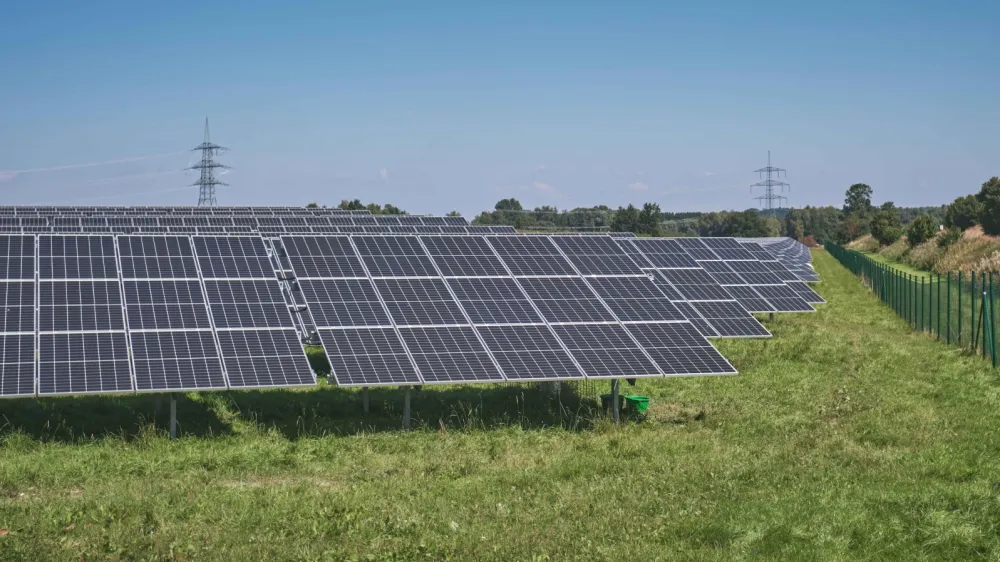

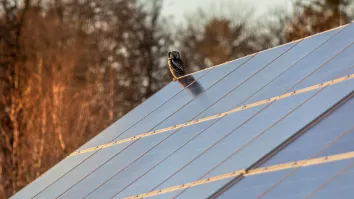
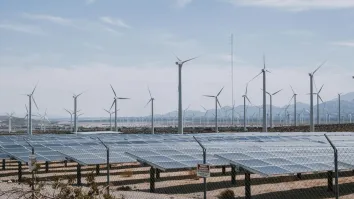
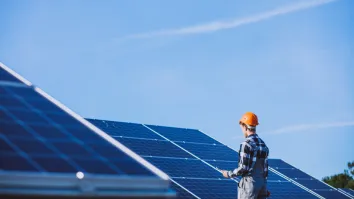
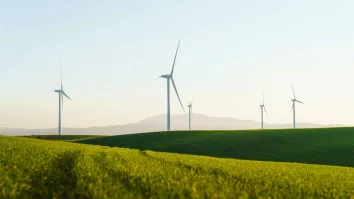













 Advertise
Advertise






